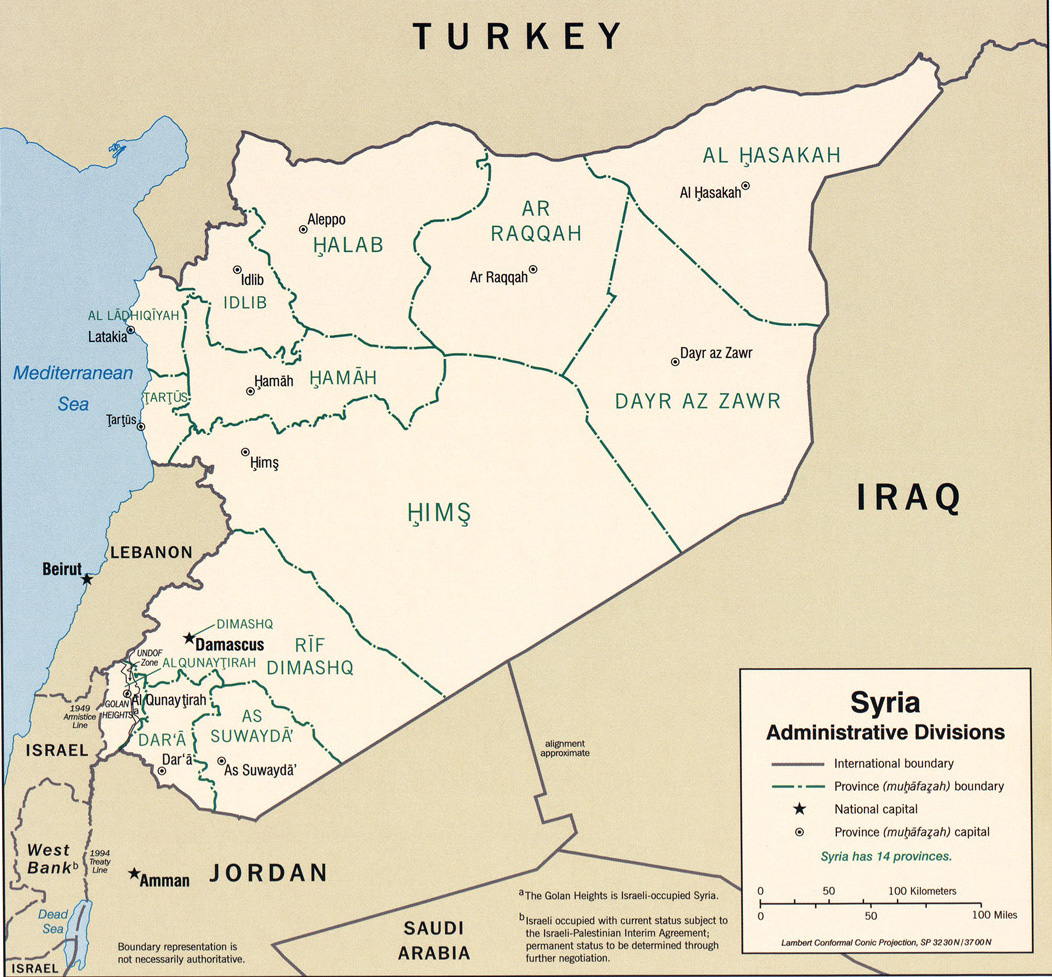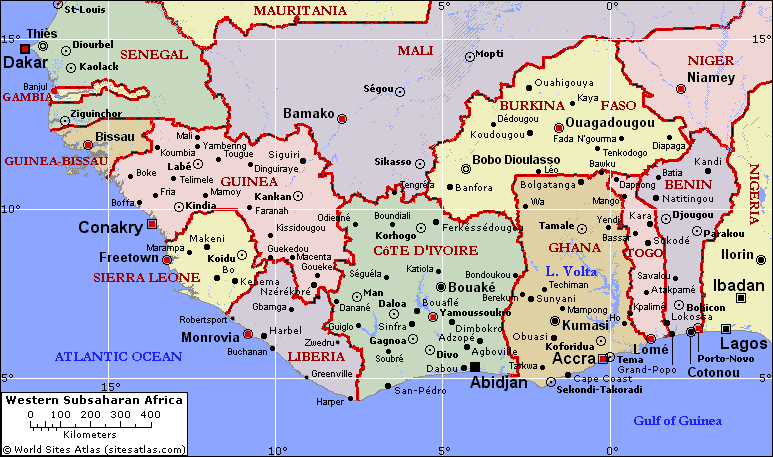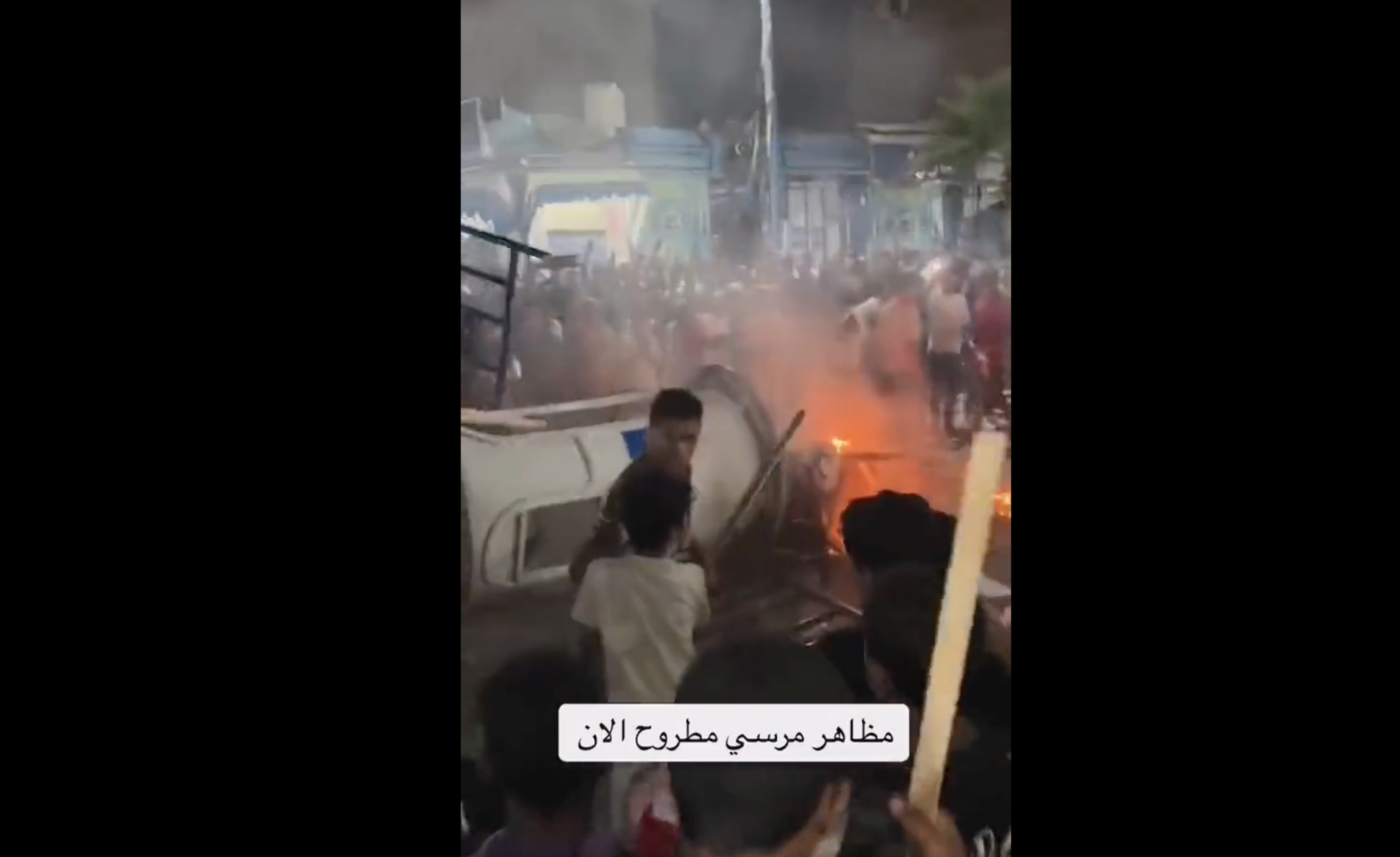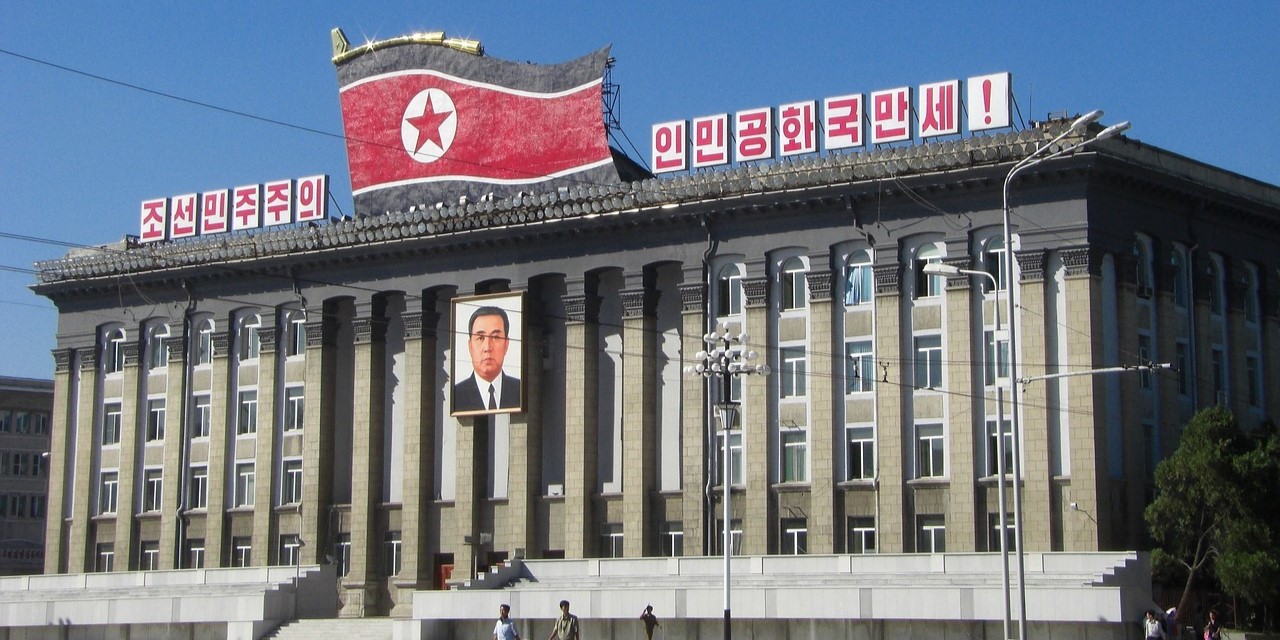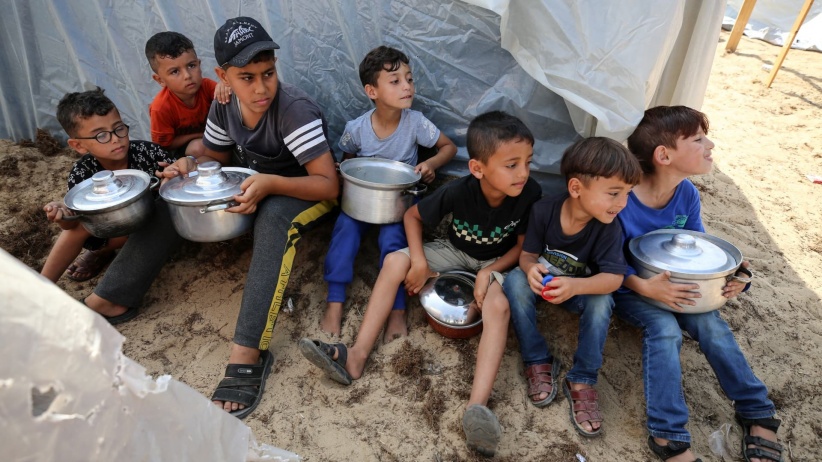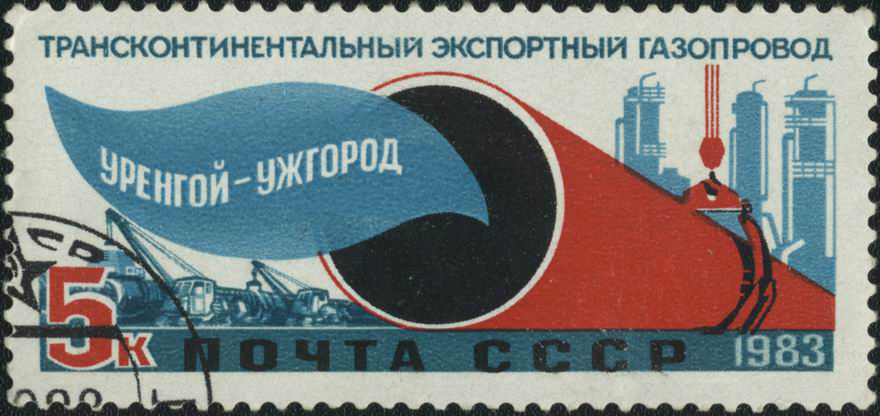
Pipeline goad of Ukraine’s Kursk incursion?
One day into their unprecedented cross-border incursion into Russia’s Kursk oblast, Ukrainian forces captured the Sudzha gas metering station—a key node of the last remaining Russian pipeline still sending gas to Europe through Ukraine. The Urengoy-Pomary-Uzhgorod pipeline, built by the Soviets in the 1980s, sends natural gas from Siberian fields through Ukraine to Slovakia, the Czech Repubic, Hungary and Austria. Despite the capture of the Sudzha station, Gazprom hasn’t halted the flow of gas through the station—nor has Ukraine shut the pipeline over the past two and a half years of war, apparently due to pressure from Europe. EU sanctions have only gradually started to affect Russia’s massive hydrocarbons sector. (Image: Soviet postage stamp celebrating the Urengoy-Uzhgorod pipeline. Via Wikipedia)



